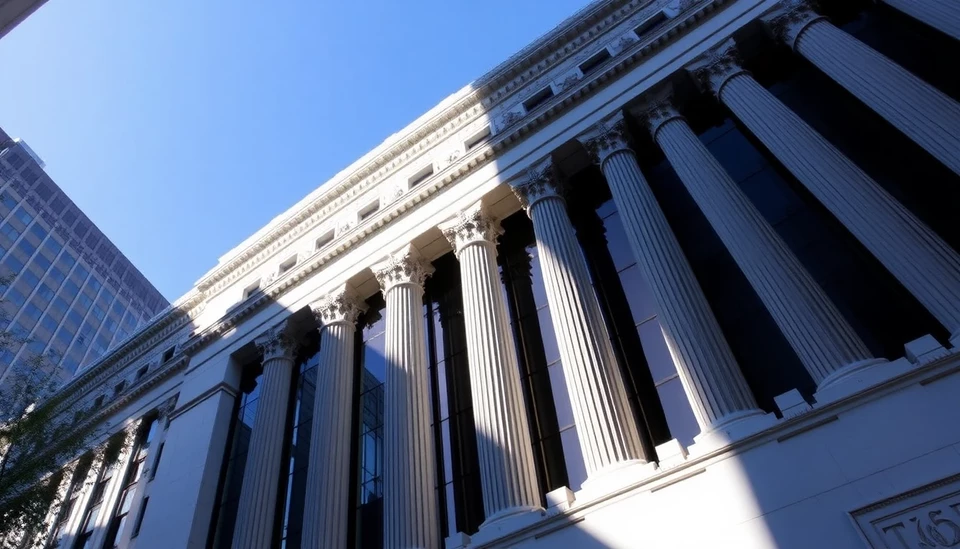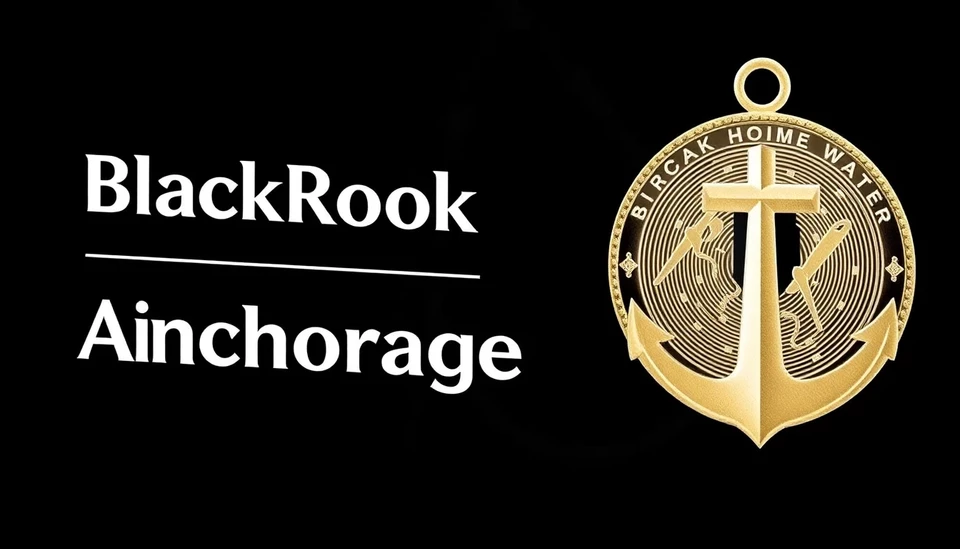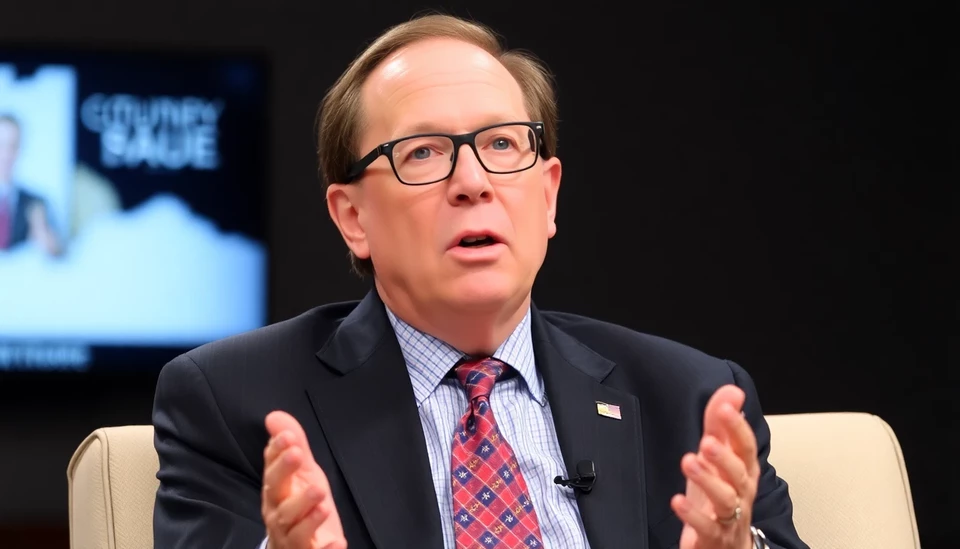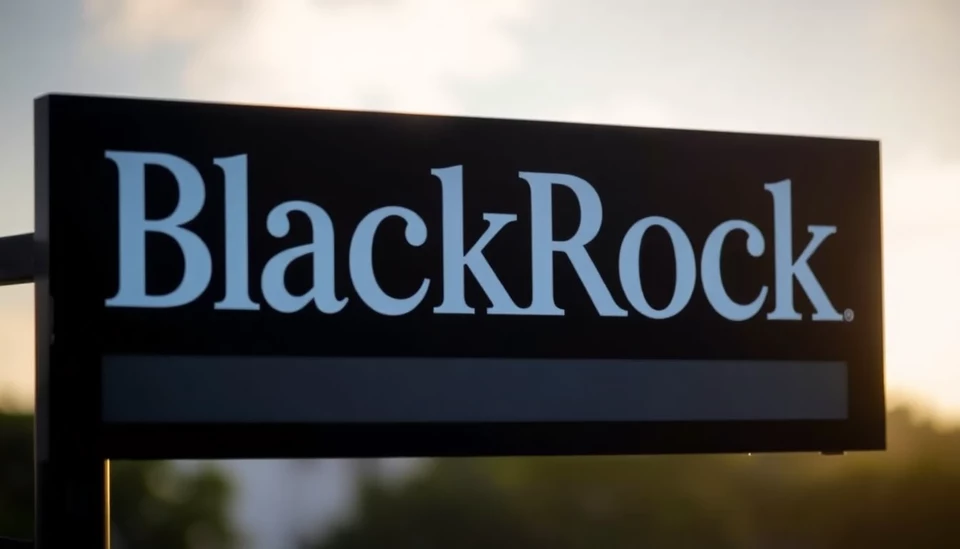
In a significant development in the financial sector, BlackRock Inc. and the Federal Deposit Insurance Corporation (FDIC) are engaged in discussions aimed at resolving a complicated regulatory dispute over ownership stakes in banks. This initiative comes in the wake of regulatory scrutiny following BlackRock's considerable investments in several banking institutions, raising concerns about potential conflicts of interest and market influence.
The clash between BlackRock, a global leader in investment management, and the FDIC indicates broader implications for how investment firms interact with the banking sector. As one of the largest asset managers, BlackRock's involvement in the banking sphere has drawn attention to the intersection of asset management and banking regulations. With the ongoing evolution of the financial landscape, regulators are keen to examine how substantial investment firms maintain their operational integrity while participating in the banking market.
Sharon B. Ybarra, a representative for the FDIC, indicated that the agency is focused on ensuring that investments from firms like BlackRock do not undermine the stability of financial institutions. The current regulatory row stems from concerns that such stakes could lead to undue influence over banking policies or decisions, potentially putting depositors' funds at risk. As part of an effort to alleviate these worries, discussions between BlackRock and FDIC officials aim to clarify the extent to which asset managers can invest in banking establishments without jeopardizing their regulatory framework.
Industry insiders suggest that both parties might arrive at a compromise that allows BlackRock and similar investment firms to continue their involvement in the banking sector while adhering to stricter regulations. This potential resolution is crucial not only for BlackRock but also for the wider asset management industry, which has been eyeing growth opportunities within banks, particularly in regions where financial services continue to expand.
As the talks progress, it remains to be seen what specific regulatory changes might emerge from this dialogue. Key stakeholders hope that an amicable solution can be reached to mitigate fears surrounding systemic risk, especially in light of past financial crises that have shown how intertwined investment and banking can lead to vulnerabilities in the economy.
The outcome of this negotiation could set a precedent for future interactions between regulatory bodies and investment firms, influencing the regulatory environment for years to come. Both sides appear hopeful that by fostering clear communication and establishing robust guidelines, they can ensure a stable financial system while allowing for innovation and growth in investment strategies.
As BlackRock and the FDIC move forward, the financial sector watches closely, aware that this negotiation may have long-lasting repercussions on the regulatory landscape as a whole.
In conclusion, the outcome of the discussions between BlackRock and the FDIC could reshape the dynamics at play between large asset managers and banking institutions. Moving forward, stakeholders will be keen to understand the ramifications for both investment strategies and regulatory policies that govern the financial industry.
#BlackRock #FDIC #BankingRegulations #InvestmentManagement #FinancialStability
Author: Samuel Brooks




